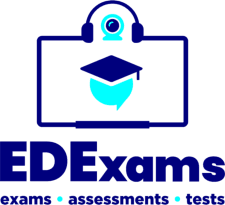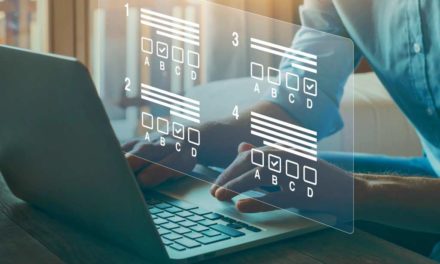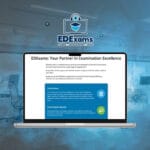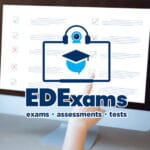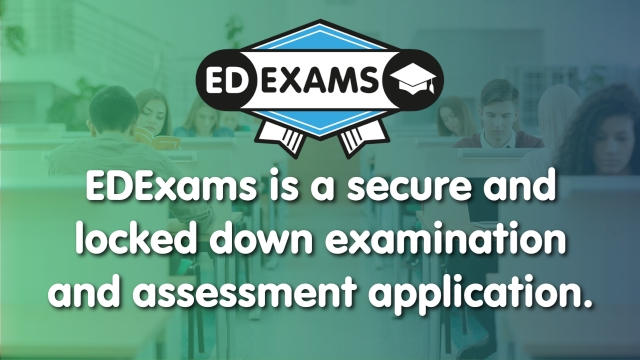Exams. The word alone can conjure a mix of nerves, anticipation, and the quiet determination to showcase what we’ve learned. They are a cornerstone of our educational journey, designed to assess knowledge, identify areas for growth, and ultimately, validate achievements. But the true value of any exam hinges on one critical factor: integrity.
In a world increasingly reliant on digital interactions and remote learning, the conversation around exam integrity has never been more pertinent. It’s not just about catching cheaters; it’s about safeguarding the fairness, credibility, and long-term value of education itself.
What exactly is exam integrity?
At its core, it means ensuring that exams are conducted and completed honestly and ethically. This involves preventing cheating, plagiarism, and any other form of academic dishonesty. It’s about creating a level playing field where every candidate has an equal opportunity to demonstrate their understanding, free from unfair advantages.
So, why is this principle so profoundly important?
- Ensuring Fairness and Equity: Imagine the frustration of diligently pouring hours into studying, mastering complex concepts, only to see another individual gain an unearned advantage through dishonest means. Such acts fundamentally undermine the principle of fairness. When exam integrity is compromised, the genuine effort and hard work of honest candidates are devalued, fostering resentment and disincentivising true academic endeavour.
- Credibility of Qualifications: Degrees, diplomas, and professional certifications are far more than mere pieces of paper; they serve as critical attestations to an individual’s acquired knowledge and capabilities. If the integrity of the assessment process is compromised, the credibility and public trust in these qualifications are severely eroded. Employers, further educational institutions, and society at large rely on these credentials as dependable indicators of competence.
- Accurate Assessment of Learning: Examinations function as vital diagnostic tools. They empower educators to accurately discern what candidates have genuinely grasped and where additional support or targeted instruction might be necessary. When academic dishonesty occurs, the resulting data becomes skewed, presenting a deceptive picture of candidate understanding. This not only hinders effective pedagogical approaches but can also lead to candidates progressing without acquiring the essential foundational knowledge they need for future success
What collective actions can we take?
Maintaining robust exam integrity is unequivocally a shared responsibility:
- For Candidates: Familiarise yourselves with examination regulations, cultivate effective time management and study habits, and prioritise genuine learning over seeking unearned shortcuts. Remember that true academic and personal growth stems from diligent effort and honest endeavour.
- For Educators: Design well-structured and rigorous assessments, clearly articulate expectations regarding academic honesty, and strategically utilise available tools and preventative measures to deter dishonest practices. Foster a classroom culture built on trust, respect, and open communication.
- For Institutions: Develop and enforce clear, comprehensive policies regarding academic integrity, invest in secure and reliable assessment platforms, and provide robust support systems that genuinely assist candidates in achieving success through legitimate means.
Learn more about EDExams
EDExams is a locked-down application that provides an effective online examination solution. With real-time monitoring and online invigilation, EDExams supplies a supportive approach to conducting exams. Candidates have a dedicated support team to assist with any problem they encounter whilst institutions can seamlessly integrate EDExams within their exam delivery.
To find out more about EDExams and how it can uphold exam integrity, even in an online setting, call 01909 384090 or send an email to mail@edexams.com.
